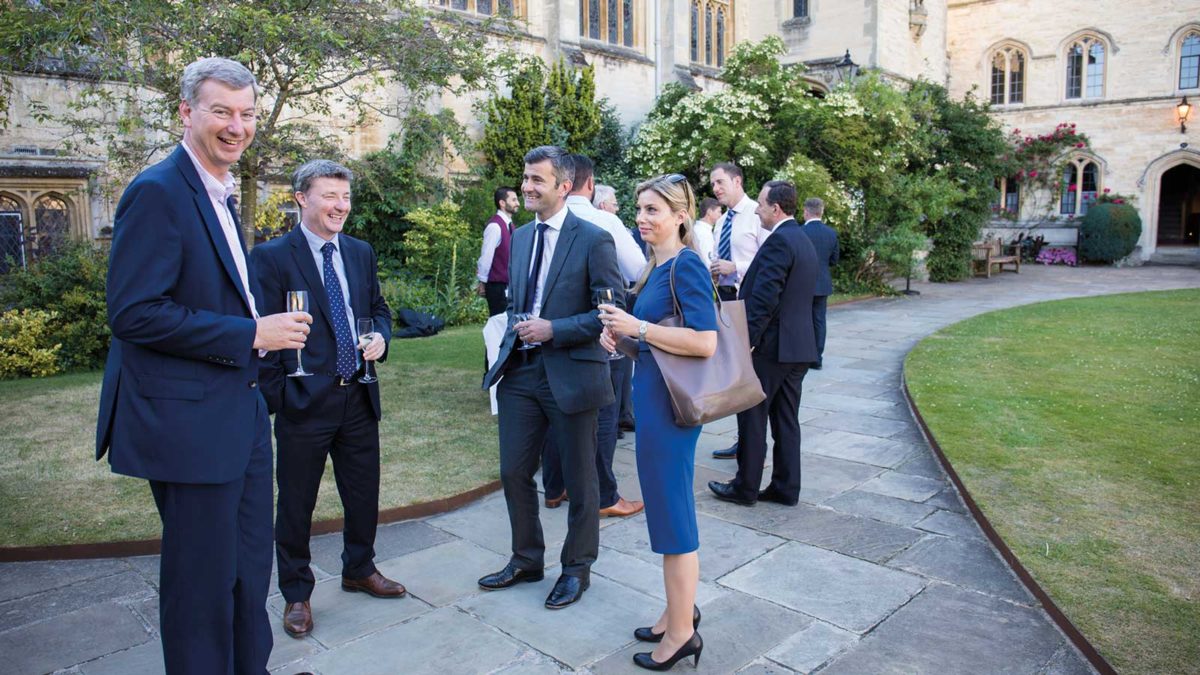
Why do we need to think differently about tomorrow?
Freeths Solicitors commenced the first in a series of thought provoking roundtable dinners in the impressive Forte Room at Pembroke College. Guests enjoyed drinks on the college lawn in advance of a superb dinner, talk and Q&A with the equally impressive Tom Cheesewright.
Writer & Photographer: Richard Rosser
Tom is the founder of applied futurism practice, Book of the Future and creator of the Applied Futurist’s Toolkit, a suite of strategy and storytelling tools for agile organisations. Through consulting, speaking and media work, Tom helps people to see, share and respond to a coherent vision of tomorrow. Clients range from charities and public sector organisations to FTSE100 enterprises and global technology corporations, They include BASF, BP, PZ Cussons, Kellogg’s, KPMG, LG, Nikon, Sony Pictures, and the Institute of Chartered Accountants.
Tom followed a degree in Mechatronic Engineering with 14 years in the tech industry, working with global brands such as BT, EE and IBM, and subsequently founded a series of technology-driven companies. Most recently Tom co-founded venture-backed big data analytics start-up CANDDi (http://canddi.com). He acts as an advisor to a number of start-ups, including fast-growing Internet of Things platform, Republic of Things.
Tom is a frequent presence on TV and radio, appearing across the BBC from the Breakfast sofa to Newsround and World Business Report, and as a regular contributor to 5live and Radio 4. He has shared his thoughts on the future with Channel 4’s Sunday Brunch, Channel 5’s Saturday Show, Sky News, the Guardian, Evening Standard, Entrepreneur Magazine, Stuff and MSN.
Here is a summary of Tom’s talk at the Freeths roundtable dinner:
“How do you plan for the future? I don’t mean your annual budget. Too often this is just last year’s budget plus or minus a few percent here and there depending on your current level of optimism. I mean really think about the future for your business. Ask difficult questions. Will tomorrow be like today? Will customers still want our products or services? Who might be tomorrow’s competitors?
“For many companies, future planning looks something like this: every five years or so, the senior management team goes away to a hotel nearby. A hotel that, just coincidentally, has a nice golf course attached. They dress down, spend half a day sticking post-it notes to walls and do some exercises in ‘team-building’ and ‘blue-sky thinking’. Some good ideas emerge.
“Few of these ideas are ever implemented. Enthusiasm wanes through the fog of the inevitable post-golf drinking. Back in the office on Monday, the day-to-day pressures take time away from the job of implementing real change. This is how good companies die. They keep doing the same things while the world changes around them. One day they realise there are new competitors doing things differently and, more importantly, better. What customers want has changed, and those customers are moving on.
“The rate at which this happens has increased. We are in an age of what I call ‘high frequency change’. The last century saw major global shifts: the advent of cheap cars, international flights, domestic automation. All of these reshaped our lives, cities, cultures, economies. This century is about endless waves of smaller changes, carried on a global network of communications technologies and international supply chains. Each of these changes may not be so dramatic as the move from horse and cart to car, but it may well be big enough to bring down a company or whole industry.
“This is why we see so many big names struggling on the high street and the stock market. We’re not set up for this age of high frequency change. Even the biggest global companies still have their equivalents of the five-yearly away day. A concentration of power that slows adaptation. A conservatism that blinkers people from the realities beyond their immediate environment.
We need to change the way we think about tomorrow. To understand that constant change is the only route to sustainable success now. That business, as usual, leads, ultimately – and increasingly quickly – to death.”
The conversation around the table ranged from the impact of social media on the retail sector and beyond, skills shortages and the AI Revolution, an ageing population, the inevitable demise of Facebook and the frightening speed at which we are all taking on more information and developing. Fascinating if not a little scary, Tom Cheesewright certainly provided us all with a few points to consider and, more importantly, not forget.
Freeths will be hosting a breakfast seminar for business owners with Tom Cheesewright on Technology: The shape of things to come on Thursday 13th September. To register, please email seminars@freeths.co.uk
More in Hospitality Services

Elevated private hire and corporate events with Blenheim Palace featuring all-new...
All-new experiences to elevate events including a Rooftop View with private tours
New preferable corporate rates
Proceeds from private hire and corporate events go directly towards preserving Britain’s Greatest Palace for future generations

Major Local Growth Fund project will play critical role in supporting...
The Oxfordshire Local Enterprise Partnership has announced the opening of the hospitality and catering facilities at Activate Learning’s City of Oxford College, with £2.17million funding secured by OxLEP through the government’s Local Growth Fund.
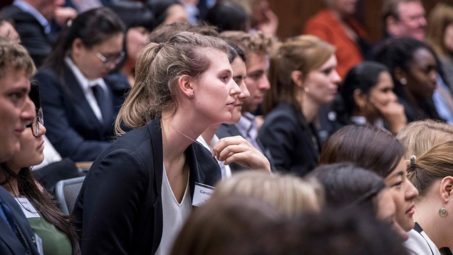
Oxford School of Hospitality Management listed as top in the UK
The Oxford School of Hospitality Management, part of Oxford Brookes Business School, is the only UK hospitality school listed in the top ten Best Hospitality and Hotel Management Schools in the World for 2021.
From this author
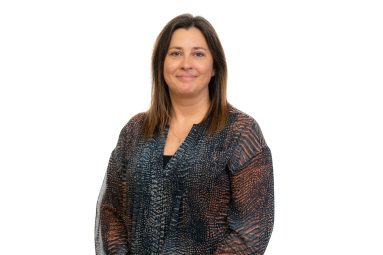
Freeths appointed to Cottsway’s legal panel
Leading law firm Freeths has been appointed as a new supplier to Cottsway Housing Association’s legal panel for the next five years.
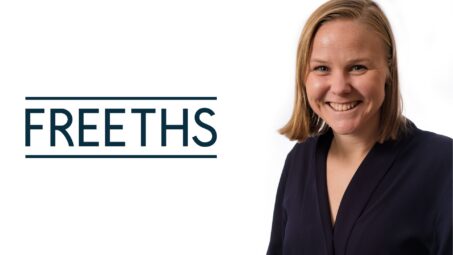
Freeths advises Veriflo on its sale to Celnor Group
National law firm Freeths has advised the shareholders of Veriflo Limited on its sale to Celnor Group.
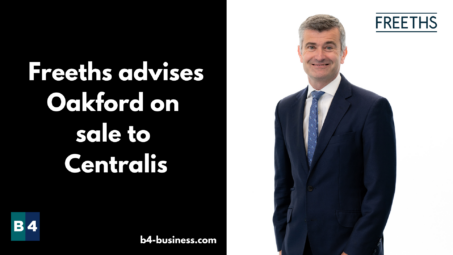
Freeths advises Oakford on sale to Centralis
National law firm Freeths has advised the shareholders of Oakford Advisors on its sale to Luxembourg-based Centralis.

